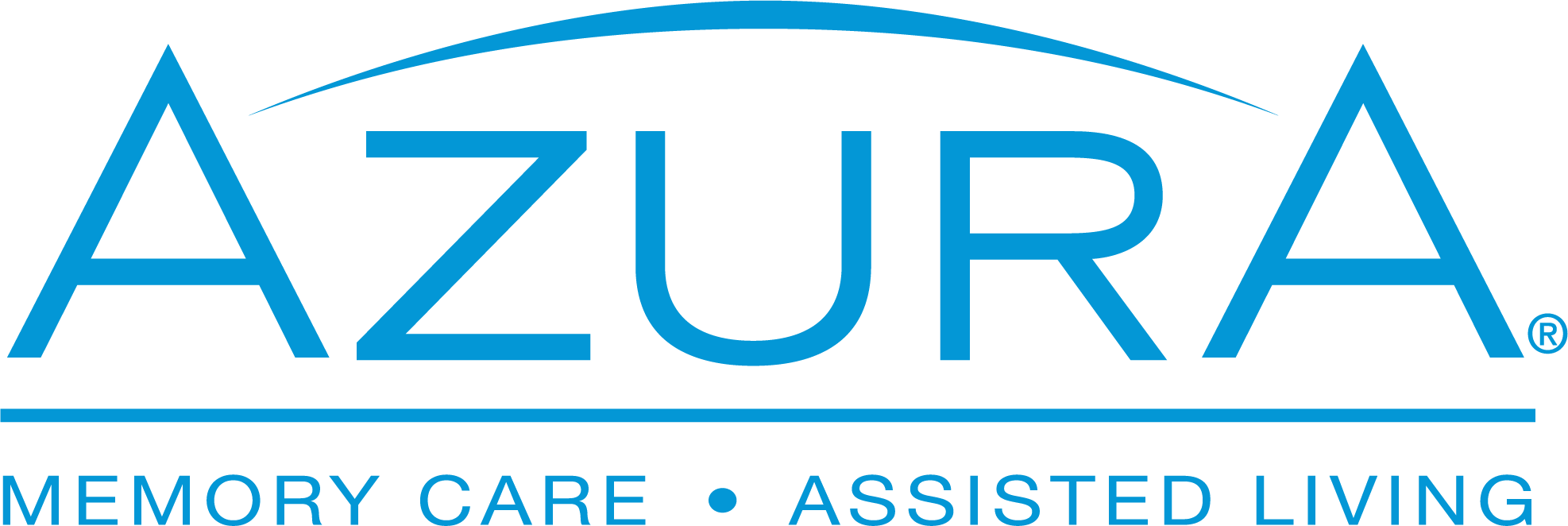Home [noun]: A gathering place for family to join together in laughter. The one place you will always be surrounded by those who love you. A place or feeling of belonging.
Truly, there is no place like home. Perhaps this is the reason that so many older adults wait much longer than they should to move into a senior living community. I mean, would you want to? After spending years creating memories and making it your own, along with the familiarity of the home – moving away can be terrifying. As we age, we do have one thing in common – we have had a place to call “home” for 10, 20, 30, 40+ years. It makes sense to attach sentimental value to it, and refuse to leave.
For some seniors, moving to a senior living community comes with questions. “I don’t have a home, now what?” or “Am I still relevant/who am I?” In a general sense, almost everyone that could benefit from moving to a senior living community are just not ready to accept the challenges of aging. It’s the bridge of fear that many refuse to cross.
David Smith, Author of “It’s About Time!” shares, “Because of common age-related fears, it’s no surprise most people resist selling their homes – even if they struggle to maintain them. Even if they don’t need as much space and only spend time in the same two or three rooms. Even if there are stairs or other potential fall risks. Even if they’ve become socially isolated. And perhaps most troubling of all, even when keeping the home ties up equity from possibly their most valuable asset. That’s why when individuals at this point in their lives are asked “would you consider a move to senior living?” the most common response is some version of “Maybe in the future, but I’m not ready yet.”
“To be clear, moving to a senior living community certainly is not the right decision for everybody. Yet research confirms that residents of senior living communities are healthier, live longer and are more satisfied with their lives than their matched counterparts who are still living in their own homes. What’s more, even though countless senior living community residents are on the record telling loved ones “I wish I would have moved in sooner,” even more continue “staying the course” by staying put.” (Smith, 2022).
“These hundreds of thousands of people are kept from moving by an emotional “readiness gap” created by some combination of three fears – the fear of change, the fear of losing one’s identity and the fear of losing our independence.” (Smith 2022).
It’s extremely important to understand that crossing that bridge is a delicate process that takes time – whether for yourself or someone you love. We suggest having these conversations about moving to a senior living community before it becomes a bigger roadblock than you can handle. “In short, there are two paths: Control the decision as much as you and your family can while you’re still healthy; or allow the decision to be managed by someone else in response to an unexpected health crisis.” (Smith, 2022).
At Azura, we have taken all of this into consideration in the designing of our senior living communities. We call this our “Household Model” – with the goal that our residents feel comfortable and want to spend the majority of their time outside of their apartment and with our Azura family engaging in activities and thriving! Our goal is to enable each resident to use the whole house as their own. As a result, each of our Azura Assisted Living and Azura Memory Care homes use a household structure which is designed to be a self-sufficient 9 – 28 resident home that can fully function from a single household to a multi-household community. The size of each household is based on the ideal balance of small residential environments along with optimal staffing capabilities to help residents feel like they have a home instead of a room. To learn more about our Household Model, click here.
Conveniently, everything we discussed above is available for you to watch by clicking here. We hope this is of help to you as you begin your search for senior living communities.

